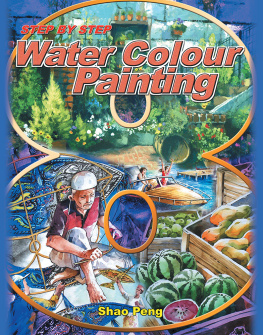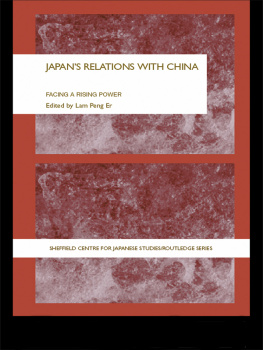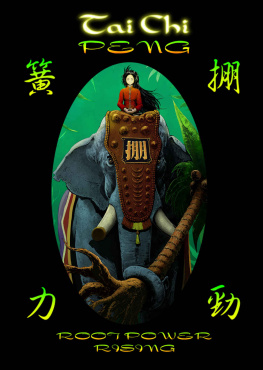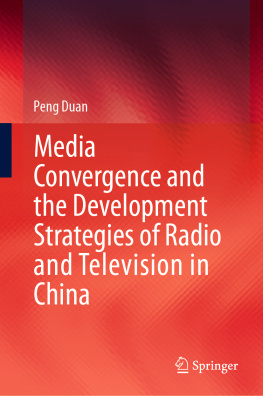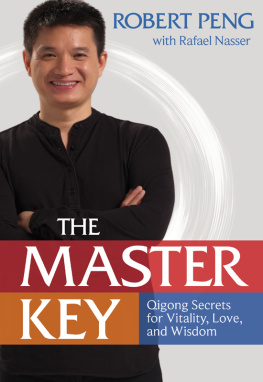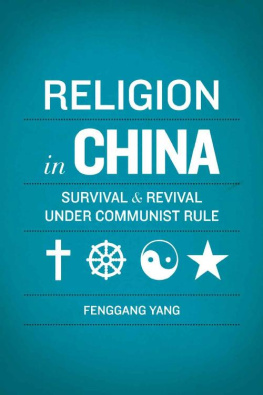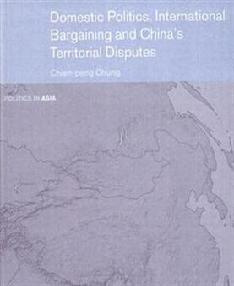
Religion and Religious Practices in Rural China
This book explores how, unlike in the West, the daily religious life of most Chinese people spreads without institutional propagation. Based upon more than a decade of field research in rural China, the book demonstrates the decisive role of rites of passage and yearly festival rituals held in every household in shaping peoples religious dispositions. It focuses on the family, the unit most central to Chinese culture and society, and reveals the repertoire embodied in daily life in a world envisioned as comprising both the yin world of ancestors, spirits, and ghosts, and the yang world of the living. It discusses especially the concept of bai, which refers to both concrete bodily movements that express respect and awe, such as bowing, kneeling, or holding up ritual offerings, and to peoples religious inclinations and dispositions, which indicate that they are aware of a spiritual realm that is separate from yet close to the world of the living. Overall, the book shows that the daily practices of religion are not a separate sphere, but rather belief and ritual integrated into a way of dwelling in a world envisaged as consisting of both the yin and the yang worlds that regularly communicate with each other.
Mu Peng is an Associate Professor in the Institute of Folk Literature at Beijing Normal University.
Routledge Religion in Contemporary Asia Series
Edited by Bryan S. Turner
Professor at the City University of New York and Director of the Centre for Religion and Society at the University of Western Sydney
1. State Management of Religion in Indonesia
Myengkyo Seo
2. Religious Pluralism, State and Society in Asia
Edited by Chiara Formichi
3. Thailands International Meditation Centers
Tourism and the Global Commodifcation of Religious Practices
Brooke Schedneck
4. Digital Culture and Religion in Asia
Sam Han and Kamaludeen Mohamed Nasir
5. Being Catholic in the Contemporary Philippines
Jayeel Serrano Cornelio
6. Catholics and Everyday Life in Macau
Changing Meanings of Religiosity, Morality and Civility
Chen Hon Fai
7. Sufi Political Thought
Milad Milani
8. Modernist Reformers in Islam, Hinduism and Confucianism, 18651935
Peripheral Geoculture in the Modern World-System
Christian Lekon
9. Religion and Religious Practices in Rural China
Mu Peng
Religion and Religious Practices in Rural China
Mu Peng
First published 2020
by Routledge
2 Park Square, Milton Park, Abingdon, Oxon, OX14 4RN
and by Routledge
52 Vanderbilt Avenue, New York, NY 10017
Routledge is an imprint of the Taylor & Francis Group, an informa business
2020 Mu Peng
The right of Mu Peng to be identified as author of this work has been asserted by her in accordance with sections 77 and 78 of the Copyright, Designs and Patents Act 1988.
All rights reserved. No part of this book may be reprinted or reproduced or utilised in any form or by any electronic, mechanical, or other means, now known or hereafter invented, including photocopying and recording, or in any information storage or retrieval system, without permission in writing from the publishers.
Trademark notice: Product or corporate names may be trademarks or registered trademarks, and are used only for identification and explanation without intent to infringe.
Library of Congress Cataloging-in-Publication Data
A catalog record for this title has been requested
ISBN: 978-0-367-34777-2 (hbk)
ISBN: 978-0-429-32789-6 (ebk)
Typeset in Times New Roman
by Lumina Datamatics Limited
Contents
All monetary units in this book appear as Chinese dollars (yuan) with corresponding U.S. dollars. In 2005 and 2006 the official renminbiU.S. dollar exchange rate was around 8 yuan = 1 U.S. dollar, while in 2018, the official renminbiU.S. dollar exchange rate was around 6.6 yuan = 1 U.S. dollar.
I use the pinyin system of Romanization of Mandarin Chinese for all the Chinese expressions, including Chaling dialect. For expressions in Chaling dialect, I Romanize their corresponding Chinese characters in standard Mandarin.
My long journey to explore the world of Chinese popular religion would not have been possible without the contribution of many people, all of whose names I could not mention here. I can only express my heartfelt thanks to some of them.
My deepest thanks go to the villagers in Chaling who contributed to this study, especially those whose words, ideas, actions appear in these pages. They make my fieldwork a memorable, rewarding, and fascinating rite of passage, and offer me a solid foundation for understanding rural Chinese culture. Although I have changed personal and village names in order to preserve peoples identities, I remember their names deeply in my heart. I owe especial debts to the religious specialists with whom I have worked and contacted from ever since. They shared with me some of their most secret knowledge, stories, and feelings. Liangwen, my master informant and steadfast friend in the past decades, enormously assists me in ways that I will never be able to repay. I want to acknowledge Tan Zhehei, a seasoned local drama performer. It is a great pity that he died tragically in the winter of 2006, aged only 49. During the early period of my fieldwork, he was among the few specialist informants who not only welcomed and trusted me, but disclosed confidential information to me. I want to acknowledge Master Dingsheng, the most respected Taoist priest in Chaling, who passed away in 2012, aged 87. During the early period of my fieldwork, when most Taoist specialists suspected my identity, it was him who strongly supported and accepted me, and shared many of his personal experiences with me. I also want to thank Liu Zhenxiang, Yan Liumei, Duan Yaohua, Liao Zheng from Chaling Countys Bureau of Culture, who share their knowledge and expertise about local history, culture, and folk performances.
I am greatly indebted to many scholars at University of Pennsylvania during the years of working on this project. My debt to Nathan Sivin is immeasurable. His scrupulous and critical reading and comments on almost every page of my drafts from the early stage always remind me how fortunate I am to have such a wonderful mentor. As an eminent scholar of Chinese philosophy, religion, and history, his insights inspired and encouraged me to sharpen my thoughts and delve more deeply into my project. I own him the deepest gratitude. David Huffords pioneering studies of folk beliefs not only fundamentally changed my attitudes toward religion, but proved to be a fruitful methodology and analytical tool to engage in Chinese religious experiences. Dan Ben-Amos nurtured and encouraged me from my first day of Ph.D. study at Penn, offering invaluable support in many ways that sustained this long process even after I have graduated and started teaching at Beijing Normal University. His insights in folk narratives intrigued this study from the very beginning, setting the basic theoretical framework for it.





